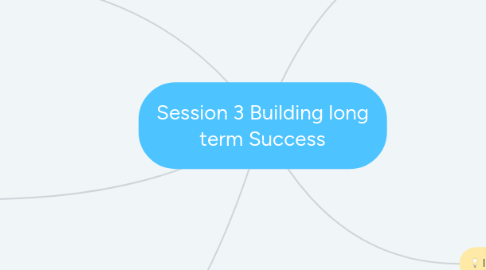
1. Understanding Value
1.1. It is essential to constantly seek to improve own processes and update internal values
1.2. Value is an estimation of worth
1.3. It is important to continually create value within your organisation
1.4. It is crucial to put in place policies that take into account short and long term value creation
2. Employee Relations
2.1. It is crucial to implement employee inclusion
2.2. Employee participation
2.2.1. The ability of employees to input on and influence organisation wider decision making
2.2.2. To undertake a macro and micro level analysis
2.2.2.1. Micro Economic analysis focuses on hiring practices and the relative power of employees and employers
2.2.2.2. Macro Economic analysis explores changes in the wider labour market
3. Quality
3.1. Managing Quality is crucial for success
3.1.1. Ways to manage Quality
3.1.1.1. Quality Assurance
3.1.1.1.1. Actions necessary to ensure that a product or service will satisfy requirements
3.1.1.2. Quality control
3.1.1.2.1. All activities needed to fulfil product or service requirements for quality
3.2. Relates directly to an organisations long term viability
4. Putting your Idea in time
4.1. Three general time frames for innovation
4.1.1. Short term
4.1.2. Medium term
4.1.3. Long term
4.2. Cycles of innovation
4.2.1. Business cycle
4.2.1.1. Where the market economy goes through connected periods of expansion and then recession
4.2.2. Product Life Cycle
4.2.2.1. Gradual or rapid growth in its use and then consumed but is no longer attracting new buyers or users
5. Ideas into Context
5.1. Using different analysis
5.1.1. Political analysis
5.1.1.1. Disaggregating the key players of a specific political context
5.1.1.2. Identifying how they influence progress toward your goals
5.1.1.3. Developing strategies to interact with them to advance your goals
5.1.2. Stakeholder analysis
5.1.2.1. Using a matrix framework of potential stakeholdrs
5.2. Managing Political context
5.2.1. Using a political astuteness framework
5.2.1.1. Personal skills
5.2.1.2. Interpersonal skills
5.2.1.3. Reading people and situations
5.2.1.4. Building alignment and alliances
5.2.1.5. Strategic direction and scanning
